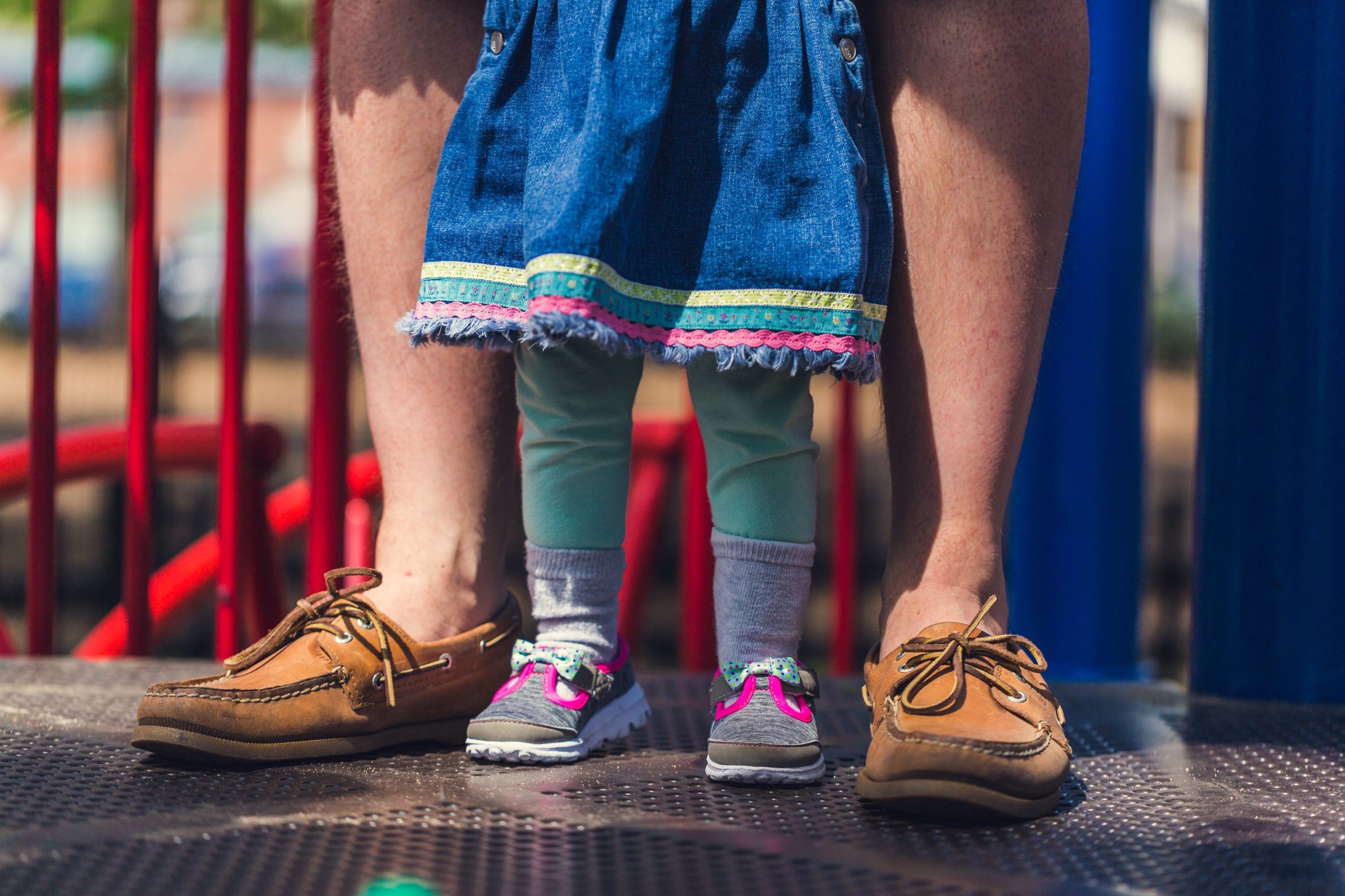
Every day, parents make decisions on how best to care for and protect their children. These decisions are often minor or routine. However, parents also make difficult decisions to protect their kids–decisions that can have a significant impact on a child’s life.
Among these big decisions is determining who should serve as guardian should the parents pass away. Assigning this role can be one of the most important decisions a parent can make when it comes to planning for the future, so it is crucial to take the decision seriously and consider some important factors first.
What does a guardian do?
In Minnesota, a guardian is someone who has the authority to make decisions for a minor child or other protected person, who are referred to as the “ward.” The guardian can determine everything from where the child lives, to where he or she goes to school, to what medical care they receive.
While parents are typically the best people to care for and make decisions for their children, a guardian becomes necessary if the parent passes away or is incapacitated and can no longer fill the parental role. Selecting someone as a guardian is, therefore, a crucial decision every Minnesota parent would be wise to consider.
What to look for in a guardian
When determining whom you want the courts to appoint as your child’s guardian, consider all that this person will need to do. Think also about with whom your child would be comfortable. Most people prefer a guardian who:
- Is a longtime trusted friend or family member;
- Already has a relationship with the child;
- Has the means and resources to take care of a child (a proper living situation, stable income, a schedule that allows them to be home with the child);
- Understands and/or shares similar religious, medical, and/or cultural values;
- Is willing to take on this role and submit annual well-being reports to the court; and
- Has legal standing to be a guardian
Of course, choosing a guardian is a highly personal decision. But choosing someone with these attributes can give parents, guardians, and the child peace of mind, knowing that someone capable and compassionate will be there to provide the care, if necessary.
